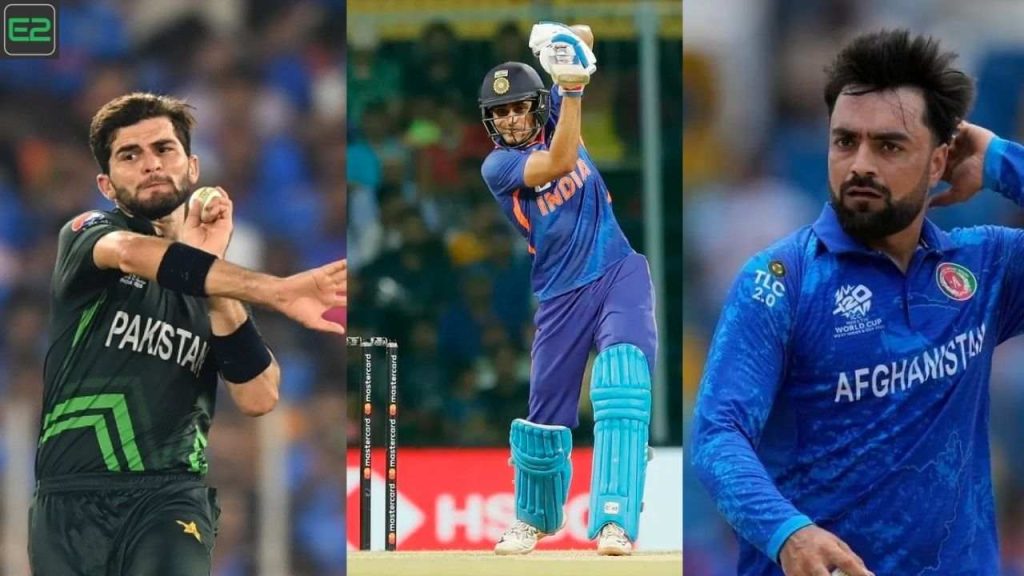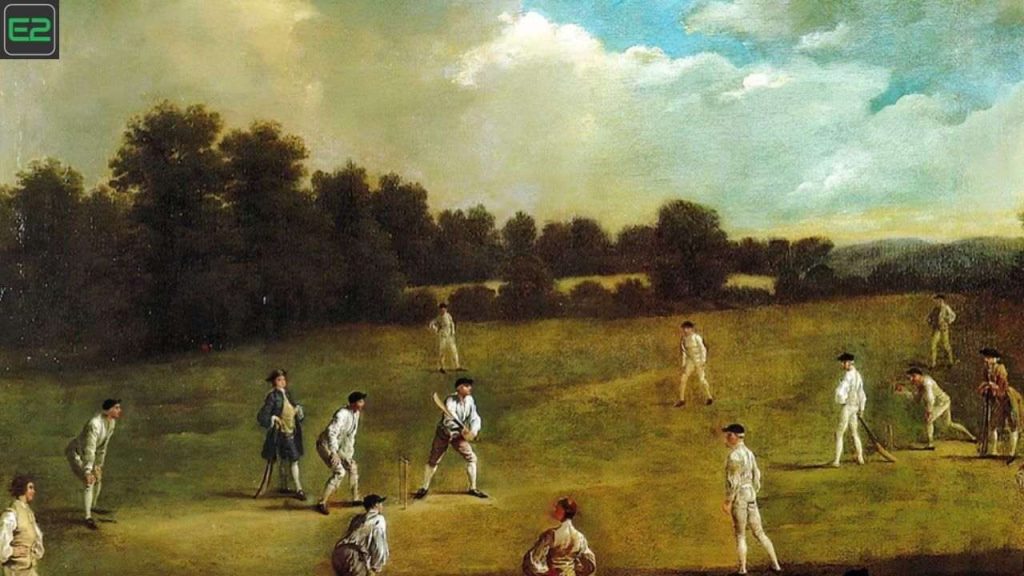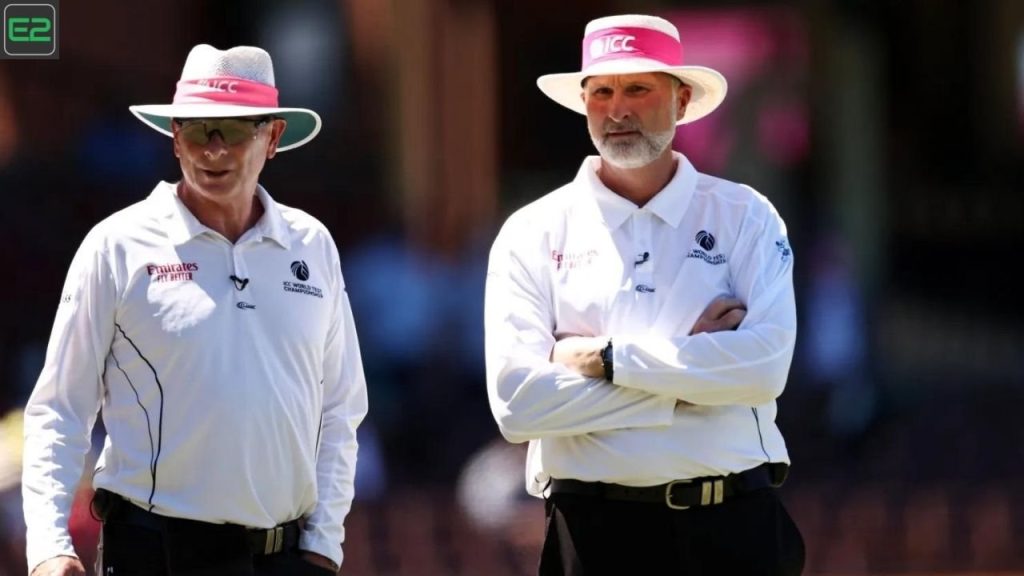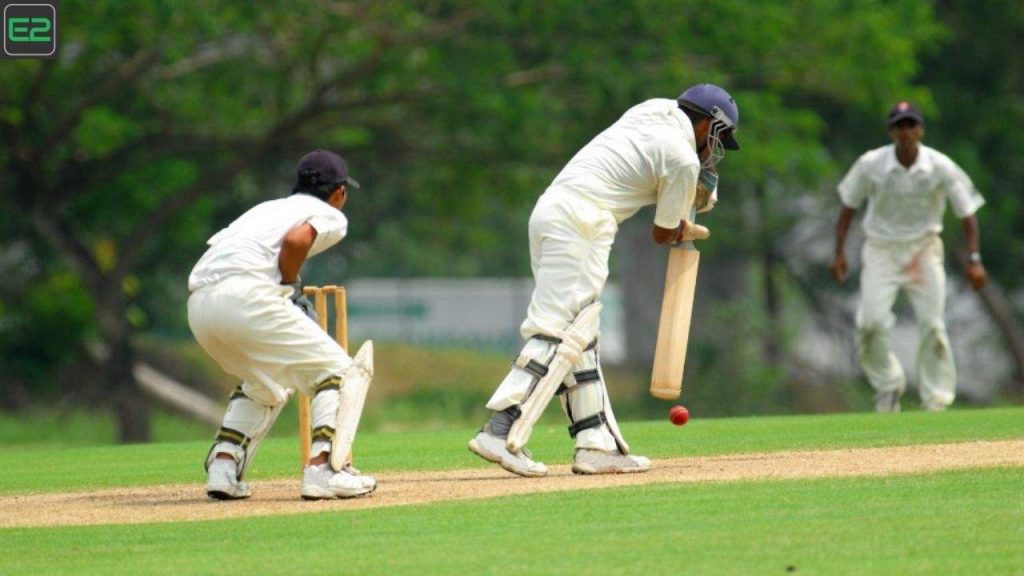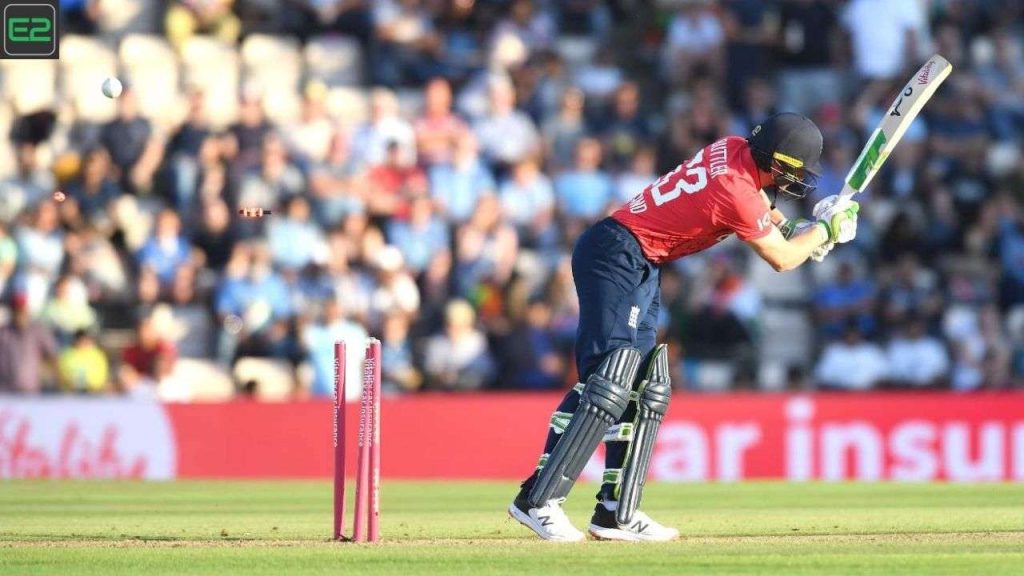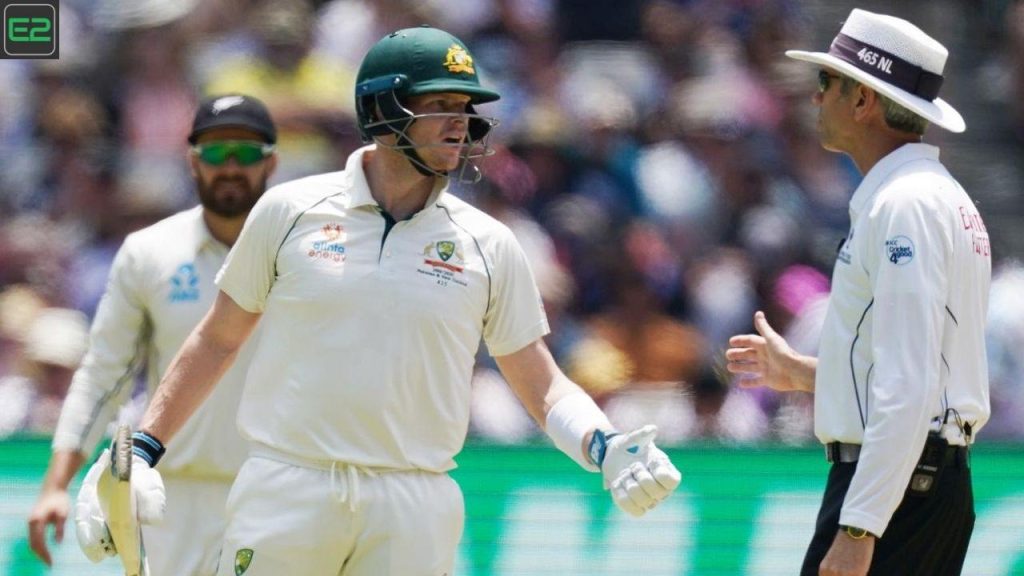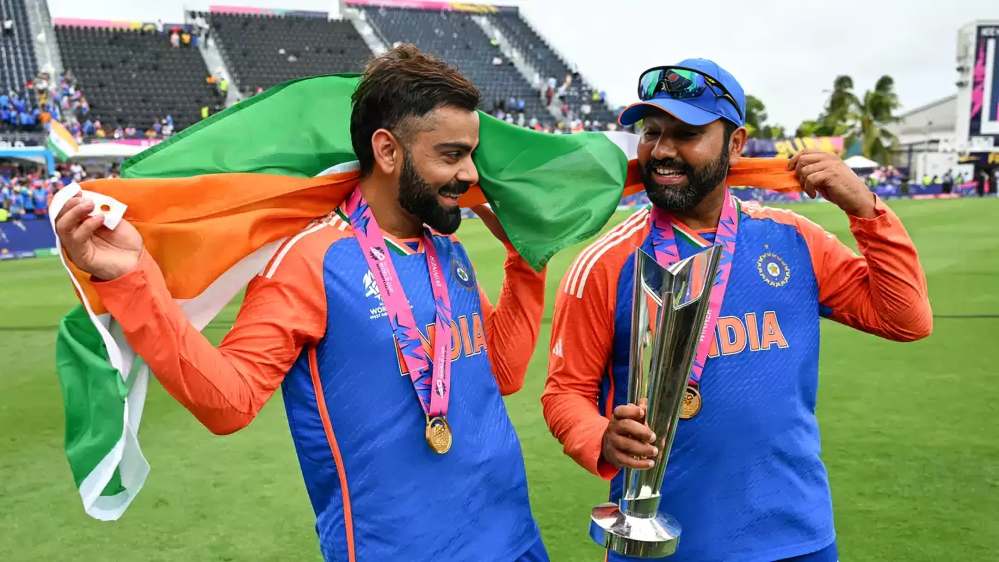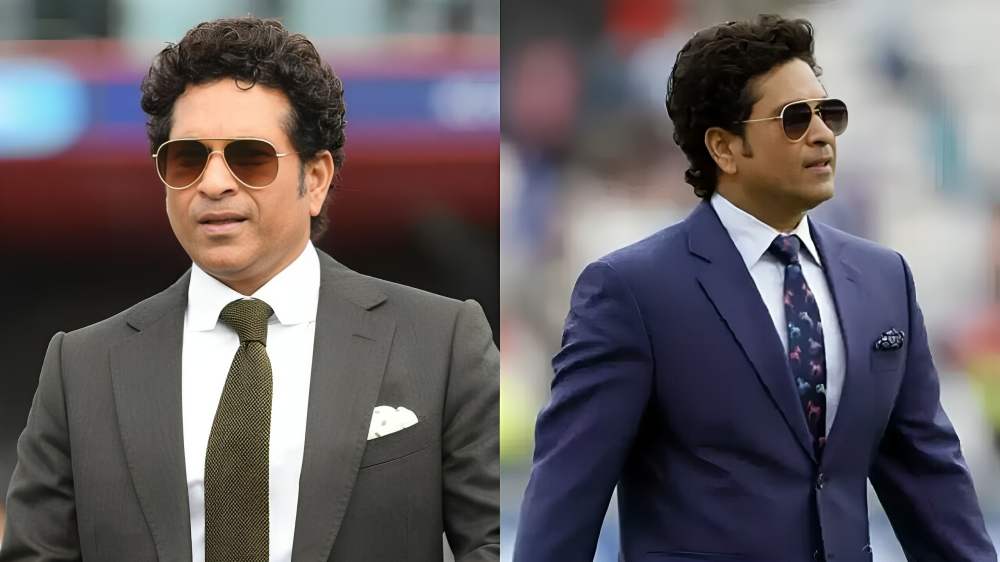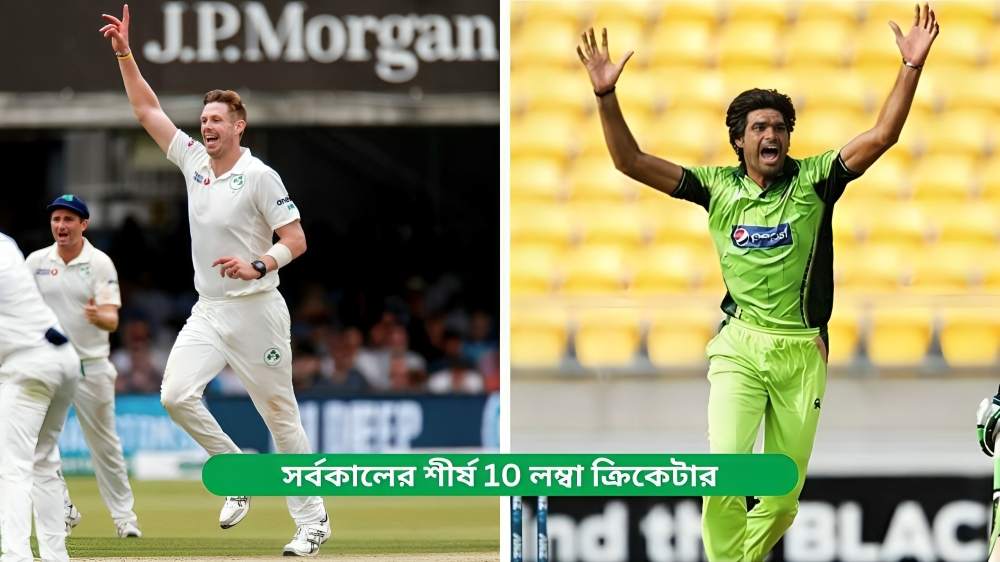Cricket Matches: Cricket, one of the most popular and beloved sports worldwide, has a rich history of exciting contests, unforgettable performances, and remarkable achievements. However, like any sport, it has also faced its fair share of controversies, with the issue of match-fixing being one of the most damaging to its integrity. Match-fixing refers to the illegal act of pre-determining the outcome of a cricket match or influencing specific events within the match for betting purposes. The question of whether all cricket matches are fixed is often raised, especially following scandals or poor performances.
Cricket Matches: This article aims to answer that question by examining the issue of match-fixing in cricket, analyzing its causes, its impact on the sport, and the efforts made to combat it. We will also distinguish between match-fixing and the natural unpredictability of cricket, ensuring a nuanced perspective on the subject.
The Reality Of Match-Fixing In Cricket
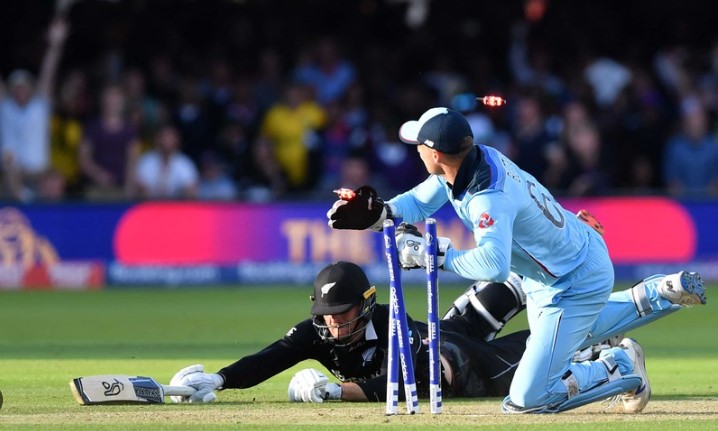
Cricket Matches: To suggest that all cricket matches are fixed would be a gross generalization and is far from the truth. While the problem of match-fixing has indeed plagued the sport at various points in history, it is important to recognize that the vast majority of cricket matches, especially at the professional and international levels, are not fixed. The core of cricket, like any other sport, remains competitive, and the overwhelming majority of players, coaches, and officials uphold the integrity of the game.
History Of Match-Fixing Scandals In Cricket
Cricket Matches: Match-fixing scandals have tarnished cricket’s reputation at different points in history, causing widespread outrage and mistrust among fans and players alike. Some of the most infamous scandals in cricket history have involved players being manipulated into fixing matches for monetary gain, most notably the 1999 match-fixing scandal, which involved several prominent cricketers, and the 2010 spot-fixing scandal with players from Pakistan.
Here are some of the major instances of match-fixing in cricket:
1. The 1999 Match-Fixing Scandal
Cricket Matches: In the late 1990s, cricket was rocked by a massive match-fixing scandal that involved prominent players such as Hansie Cronje of South Africa. Cronje, who was the captain of the South African national team, was found guilty of accepting money from bookmakers in exchange for influencing the outcome of matches. The scandal led to investigations and disciplinary actions against several cricketers worldwide.
2. The 2010 Spot-Fixing Scandal
Cricket Matches: One of the most notorious examples of fixing in cricket came in 2010 when Pakistani cricketers Salman Butt, Mohammad Amir, and Mohammad Asif were involved in a spot-fixing scandal during the Pakistan-England Test series. These players deliberately bowled no-balls at predetermined times during the match, and the incident was exposed through an undercover sting operation. This resulted in heavy sanctions, including bans and jail sentences for the involved players.
3. The IPL Scandals
Cricket Matches: The Indian Premier League (IPL), a popular domestic cricket league, has been another area where match-fixing and betting scandals have been reported. In 2013, the spot-fixing scandal broke out during the IPL, involving players like Sreesanth and Ankeet Chavan, who were accused of deliberately underperforming for money. This led to further scrutiny of the league and its players, tarnishing the tournament’s reputation for a time.
While these cases are certainly examples of corruption, they are not representative of the majority of matches played in international and domestic cricket. In fact, efforts have been made to reduce match-fixing incidents through strict regulations, surveillance, and disciplinary measures.
The Mechanics Of Match-Fixing
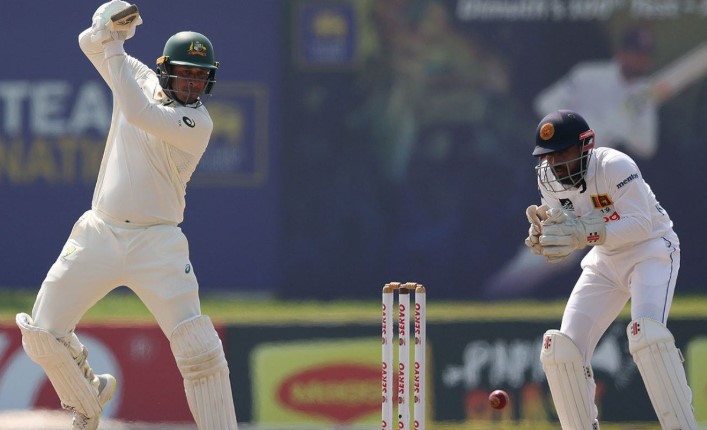
Match-fixing is not as simple as a team or player deciding to “throw a match” for financial gain. It typically involves bookmakers, corrupt players, and sometimes even officials working together to manipulate specific aspects of a match. Some key forms of match-fixing are as follows:
1. Spot-Fixing
In spot-fixing, players deliberately underperform or perform certain actions during specific moments of a match. For example, a bowler might deliberately bowl a no-ball at a specific over or a batsman might deliberately play a false shot at a predetermined time. This can be influenced by illegal betting or wagers placed on specific events in a match rather than the final outcome.
2. Match-Fixing (Result Fixing)
This is a more extreme form of fixing, where the outcome of a match is predetermined, and players, officials, and bookmakers work together to manipulate the final result. The most infamous example of match-fixing in this sense is the 1999 scandal involving South African captain Hansie Cronje.
3. Internal Team Collusion
In some cases, match-fixing can involve entire teams or specific players from different teams who collude to fix the outcome of a match. This can happen through secret meetings and deals with bookies, who bet large sums of money on prearranged outcomes.
The Role Of Corruption In Match-Fixing
While match-fixing is a major issue, it is important to note that not all players or teams are involved in corrupt practices. The overwhelming majority of cricketers uphold the integrity of the sport. However, it is often the case that players in financial distress or from countries where corruption is more pervasive are more susceptible to fixing offers.
Anti-Corruption Efforts In Cricket
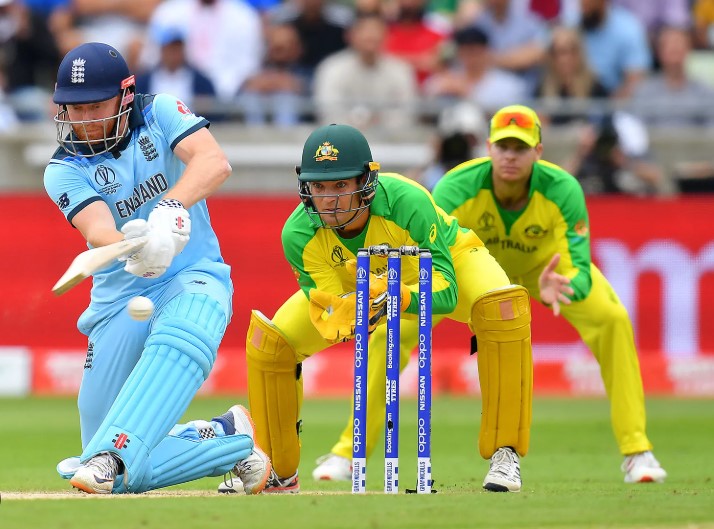
The International Cricket Council (ICC) has taken significant steps to combat match-fixing and corruption in cricket. Here are some of the measures that have been implemented to ensure the sport remains fair:
1. The ICC Anti-Corruption Unit
The ICC established the Anti-Corruption Unit (ACU) to monitor and investigate suspicious activities in international cricket. The ACU works with law enforcement agencies and other cricket governing bodies to track and prevent any corrupt behavior.
2. Strict Disciplinary Actions
Cricketers found guilty of match-fixing or related offenses are subject to severe penalties, including lifetime bans, criminal charges, and heavy fines. High-profile bans, such as the one imposed on former South African captain Hansie Cronje and Pakistani cricketers Salman Butt and Mohammad Amir, serve as a deterrent to others.
3. Educating Players
The ICC and national boards provide extensive education and training to players regarding the dangers of corruption. This includes workshops on how to spot suspicious behavior, how to report corrupt approaches, and the severe consequences of getting involved in fixing.
4. Surveillance And Monitoring
The ICC uses cutting-edge technology and surveillance to monitor betting activity on cricket matches. By tracking unusual betting patterns, the ICC is able to detect potential fixing attempts early and take appropriate action.
The Debate: Are All Cricket Matches Fixed?
While it’s easy to focus on the high-profile match-fixing scandals, it’s important to remember that these are the exceptions rather than the rule. The vast majority of cricket matches are played without any form of fixing. In fact, the levels of transparency and the emphasis on integrity in modern cricket are higher than ever before. With the establishment of anti-corruption units, constant monitoring of betting activities, and the imposition of severe penalties for anyone caught fixing matches, the integrity of cricket has been largely restored.
However, it is essential to acknowledge that fixing still remains a threat, particularly in the lower levels of the sport, where players may be more vulnerable to temptation due to financial or personal difficulties.
Comparison Of Key Match-Fixing Scandals
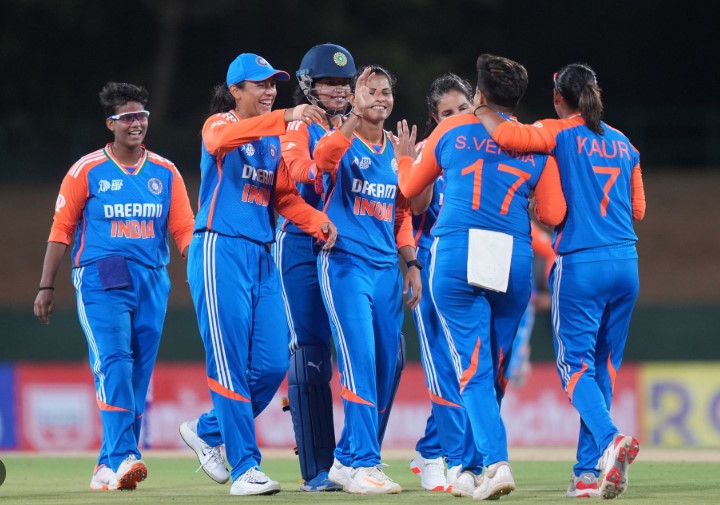
| Match-Fixing Incident | Year | Players Involved | Outcome | Impact on Cricket |
|---|---|---|---|---|
| 1999 South Africa Match-Fixing | 1999 | Hansie Cronje (South Africa) | Lifetime ban for Cronje, investigations into other players | Major blow to cricket’s integrity |
| 2010 Pakistan Spot-Fixing | 2010 | Salman Butt, Mohammad Amir, Mohammad Asif | Jail sentences, lifetime bans for players | Deterred corruption, but damaged reputation |
| 2013 IPL Spot-Fixing Scandal | 2013 | Sreesanth, Ankeet Chavan, others | Bans for players, IPL tarnished | Created skepticism around IPL integrity |
While match-fixing has, unfortunately, been a part of cricket’s history, it would be incorrect and unfair to say that all cricket matches are fixed. The vast majority of matches, particularly at the international level, are played in the spirit of competition, with players dedicated to performing at their best.
Efforts by the ICC and other cricket boards to eradicate match-fixing have been largely successful, and with greater surveillance, stricter penalties, and more education, the sport continues to evolve. However, as fans, we must remain vigilant and support the integrity of the game by staying informed about the issues surrounding match-fixing while celebrating the true spirit of cricket.
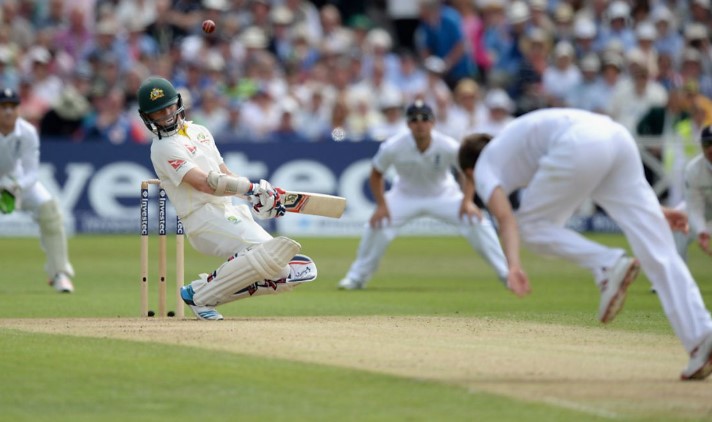
In conclusion, while match-fixing remains a concern, the idea that all cricket matches are fixed is an exaggeration. The cricketing world remains committed to ensuring that the game is played fairly and with integrity.



